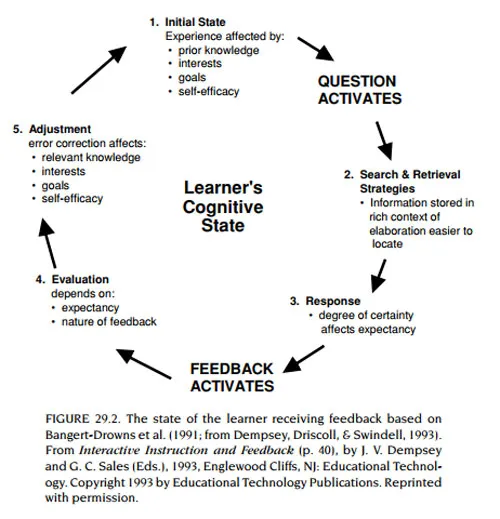How to make employee-employer feedback sessions better
One of the main challenges to giving effective feedback arises from the differences between the two parties. Both parties have conflicting end goals. For the manager, it is typically to ensure retention and drive growth from their employees, and for the employees, it is to bargain for the best deal for themselves to grow professionally. Conflict occurs when both parties have personal agendas or desires that are against that of the company. For example, an employee may want to climb up the ladder. However, a stability-focused or risk-averse manager may not want this want to happen because of his or her own desire to function in the organisation long-term. Conflict also arises primarily because of a lack of clarity of the company’s missions and vision and what it stands for.

Image: Shutterstock
John Hattie and Helen Timperley of the University of Auckland, New Zealand quantified the importance of feedback in their research work from 2007. They concluded that feedback is one of the most powerful influences on learning and achievement, but this impact can be either positive or negative. Its power is frequently mentioned in articles about learning and teaching, but surprisingly few recent studies have systematically investigated its meaning. These findings show that although feedback is among the major influences, the type of feedback and the way it is given can be differentially effective. Circumstances that make it effective where some typically thorny issues are discussed, including the timing of feedback and the effects of positive and negative feedback, all contribute to the power of the feedback session.
Harvard Business School agrees. Business outcomes should be the first place that an organisation should focus on when conducting feedback sessions. Feedback works best when it is a continual process and not just a once-a-year exercise. It all comes down to work. As feedback is a core part of the manager’s KRAs, a solid feedback session can be dried down to a day or two’s work and the focus on disconnection rather than resolution is what typically happens in larger organisations. Superstar employees leave, and those who are conflicted about jumping ship or not wait until they attain a decent relationship with their managers before leaving.
Here are the three areas every manager should focus on when conducting effective feedback sessions:
Specificity
Managers should emphasise that specific feedback must be provided at both ends. By using specific examples and cases where behaviour was either critical or unprovoked, managers and employees can understand each other better. Every person is unique, and their uniqueness is their strength. Leveraging each manager and employee’s uniqueness can provide great stability and innovation if utilised effectively, like a great coach and mentor to a budding sports star. Being specific about certain areas they’d like to improve on, or even certain avenues where the manager can become better, should be championed.
The following table, based on research work by Bangert-Drowns et al. (1991; from Dempsey, Driscoll, & Swindell, 1993). gives us a great model of analyses when the employee (in this case the learner) receives feedback. This seminal work has for many generations crafted organizational behavior theory in the US.

Mentor-Mentee role
Stanford University teaches a course in this very subject and offers guidance to teachers there as well. In their opinion, a great role model is above all a good role model. Mentors who show interest in their mentee’s personal development, help them grow academically through constructive feedback, assist with goal-setting, and celebrate achievements with mentees are the ones that are the best performing out of all. By providing hands-on feedback to your mentee, you inevitably ensure that the bond strengthens with respect rather than formality.
Listen
Don’t assume that you have all the right answers. There are many cognitive biases that control our limitations in the mind, and listening is a skill that many Indian managers lack. With tight deadlines and heavy work load, the idea of listening to each other becomes all too bleak. There are cases where companies listen to one another and spend time sharing thoughts and ideas. However, beyond the hard area of ‘cost effectiveness’ and ‘sales negotiations’ lies a softer side of business and HR retention called ‘listening-sessions’.







